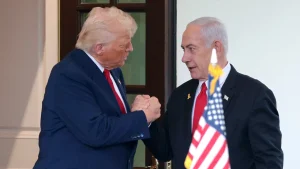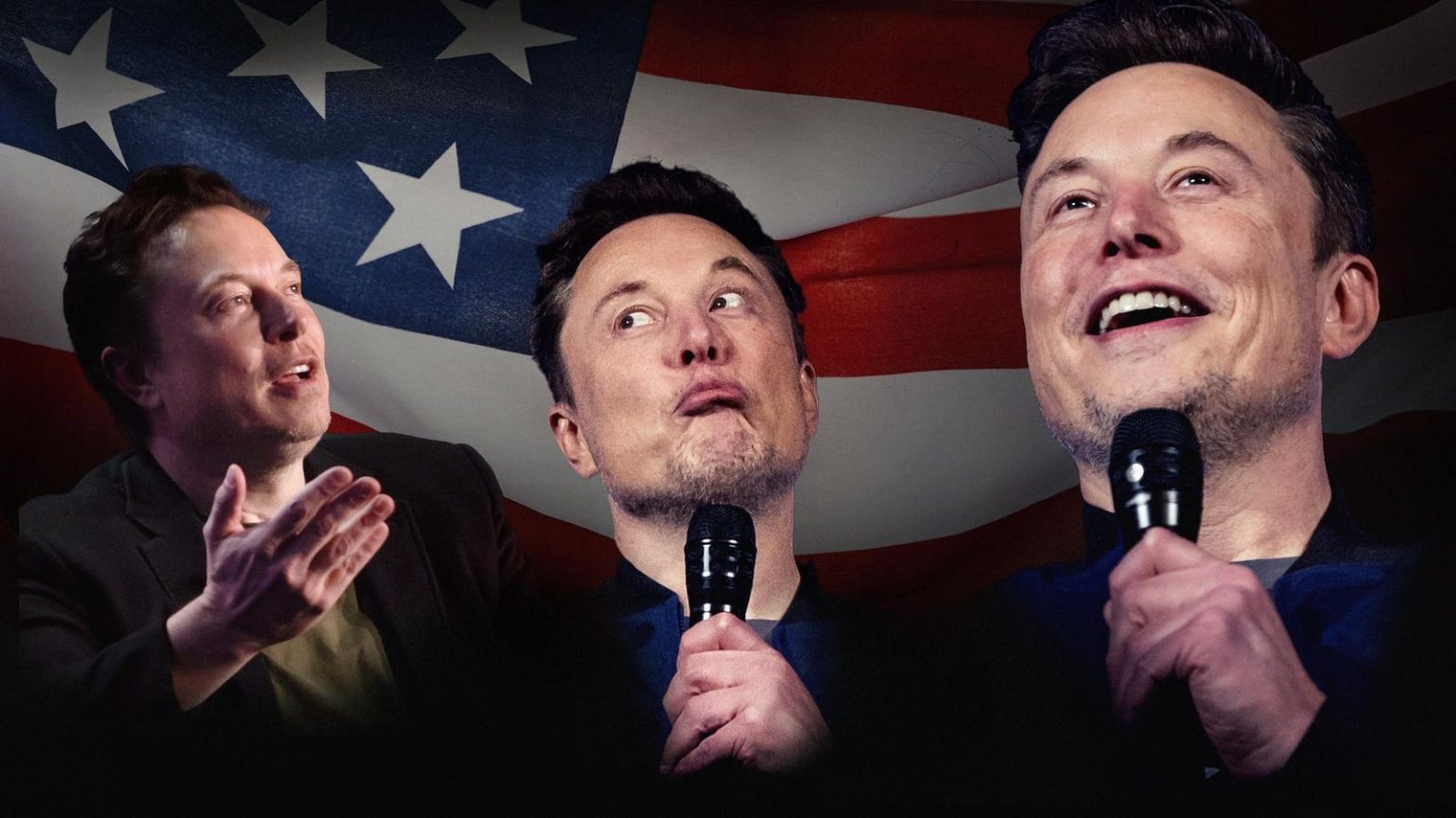As Donald Trump prepares for a potential second presidential term, significant changes are anticipated in U.S. auto policy that could impact electric vehicle (EV) production and the broader automotive landscape. Industry leaders are bracing for a likely decline in federal support for EVs, potential rollbacks of stringent fuel-economy regulations instituted by the Biden administration, and heightened tariffs that could inflate the costs of auto parts. Despite the uncertainty that comes with these potential policy shifts, Jose Muñoz, the incoming global CEO of Hyundai Motor, remains resolute about the company’s future in America and its commitment to investing in electric technology.
Muñoz emphasized the importance of long-term planning for global businesses, stating that Hyundai’s decision to invest $5.5 billion in a new auto and battery plant in Savannah, Georgia, was made during the previous Trump administration. This facility, set to commence operations next year, is projected to double Hyundai’s production capacity in the U.S. Muñoz conveyed confidence in the electric vehicle’s future, asserting that EV technology will ultimately prevail, regardless of the political climate. Even in the context of potential cuts to the current $7,500 federal rebate for EVs, he highlighted the company’s adaptability, indicating the plant’s dual capability to produce hybrids and plug-in hybrids, which may see increased demand if EV sales slip.
Transitioning into his new role as CEO on January 1, 2025, Muñoz, who holds a PhD in nuclear engineering, aims to steer Hyundai through the shifting political landscape while maintaining the company’s focus on innovation. He showcased the new Hyundai Ioniq 9, an all-electric SUV designed to deliver 300 miles of range per charge, expected to launch early next year. This vehicle, positioned above $60,000, embodies Hyundai’s commitment to EVs, underscoring the strategic focus on advancing electric technology even amid uncertainties in federal policy.
Hyundai’s investment strategy resonates with the broader automotive industry’s shifts towards electric vehicles, driven by stringent federal fuel economy standards and state mandates like California’s ambitious goal to phase out gasoline-powered cars by 2035. While achieving these milestones remains uncertain, the industry’s momentum toward EVs is influenced by the need to compete against aggressive players like Chinese manufacturer BYD, currently leading global battery-electric vehicle production. Enthusiastic about Hyundai’s growth trajectory, Muñoz highlighted that the Hyundai Group—including its luxury Genesis line and Kia Motors—has become the second-largest seller of EVs in the U.S., though it still trails Tesla significantly in overall sales.
In light of Trump’s potential tariffs on imported goods, including auto parts, Muñoz exuded optimism regarding the company’s extensive investments in affiliated parts manufacturers in the U.S., such as Mobis, as well as strategic partnerships for battery production with LG Chem and SK. The CEO noted that Hyundai is already prioritizing local manufacturing and sourcing, which should mitigate the adverse effects of tariffs and provide a competitive edge in the increasingly complex automotive market.
Ultimately, Hyundai’s ongoing commitment to investment in American production reflects the company’s recognition of the U.S. market as its most critical revenue source. Over the last several years, America has played a pivotal role in Hyundai’s strategic expansion plans. As the automotive industry braces itself for policy changes under a potential Trump administration, Muñoz’s leadership will be essential in navigating these challenges while remaining focused on innovation, competitiveness, and the realization of electric vehicle technology’s promise. The company is positioned to adapt swiftly to changes, indicating a strong commitment to the U.S. market and an enduring belief in the future of electric mobility.





